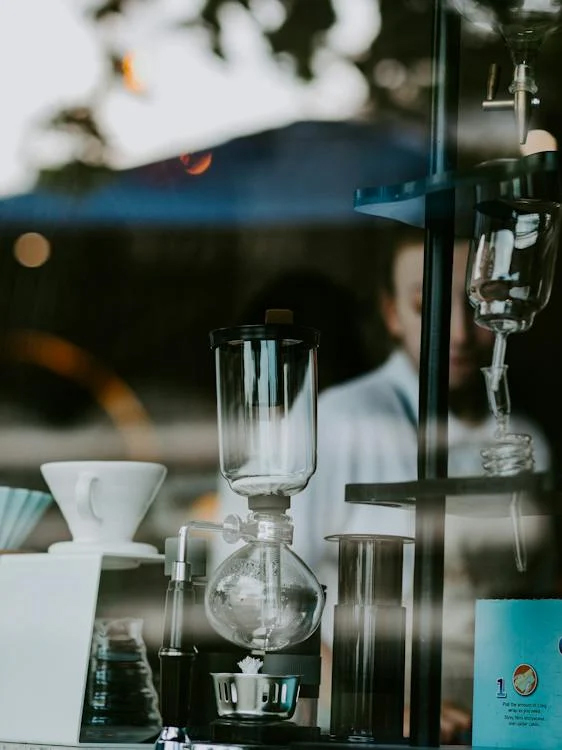An authenticity test for Kona coffee is changing the coffee world!

A chemical analysis puts an end to fake coffees..
If you are one of those who seek out strange, delicatessen and rare coffees, surely there have been times when you have had doubts about the authenticity of the product in front of you – and you will be happy to know that on the other side of the world, a cooperative of Kona Coffee producers is preparing to patent a simple test that will put an end to expensive coffee imitations once and for all!
What is Kona Coffee?
Espresso connoisseurs are certainly familiar with Kona Coffee from Hawaii, one of the most expensive and sought-after coffees in the world, along with Jamaica Blue Mountain. Kona coffee is a product with a protected designation of origin, and to receive this designation, it must meet certain strict criteria, mainly related to its place of cultivation.
In order for a coffee from Hawaii to qualify as 'Kona Coffee', it must come from a plantation located in the 'Kona Belt', a specific area on the slopes of the Hualalai and Mauna Loa volcanoes, which has backs of 2 miles and is about 22 miles long. Many small producers are active in the fertile volcanic soils of this region, while the microclimate of the region is ideal for the cultivation of the delicate coffee trees of the Arabica Typica variety. The limited production, the manual processing required to grow, collect and process the coffee and of course, the superior quality of the Kona beans (with its distinctive, sweet taste, absence of bitterness and crystalline acidity) ranks Kona coffee among among the most expensive in the world.
 How common are knockoffs of Kona coffee?
How common are knockoffs of Kona coffee?
When something is expensive and in demand, it is only a matter of time before knock-offs appear on the market by astute people who take advantage of the increased demand. Thus, coffee beans from other regions of Hawaii are being marketed as Kona, but of inferior quality. Still, there are coffee blends on the market labeled as "Kona Blends", which may contain less than 1/100 of the valuable beans, or even coffees that have misleading labels such as "Kona Style" or "Kona Roast", unrelated actually nothing with Kona Coffee. Of course, Hawaii's tourist market is flooded with coffees of dubious quality and origin, completely falsely labeled as Kona, aimed at gullible tourists of the popular island.
Naturally, this whole uncontrolled situation damages the Hawaiian producers first and foremost, since not only have they lost profits from the sale of fake products, but they also see the reputation of their product eroded, as many consumers are left with a bad impression of imitations they have tried.So a cooperative of Hawaiian producers of authentic Kona coffee decided to act – and they succeeded!
How did Hawaii producers win their case?
Recently, a group of coffee growers from Kona won legal damages in excess of forty million dollars after a five-year battle with distributors and marketers who were using the Kona trade name in a way that could be considered misleading. In addition to the damages and banning the name on unrelated products, the court ruled that blends that claim to contain Kona coffee must clearly state the percentage on their label.
The producers' "secret weapon" is a chemical analysis carried out at the University of Utah. In trying to discover Kona Coffee's blueprint, James Ehlerringer turned to the rare, mineral elements in coffee beans, which are not affected by roasting.
By comparing samples from more than 150 farms in the Kona region, as well as samples of coffee beans from around the world, he was able to identify certain concentrations and ratios of elements that can safely distinguish whether a coffee is Kona or not. Tests of a similar logic have been used for several years in the field of gastronomy, to check products of limited designation of origin, such as honey, olive oil or wine.
With this cheap, easy and reliable test, it can be safely checked whether a coffee that claims to be genuine Kona really is, as well as the content of a blend of genuine Kona Coffee. With such a weapon in hand, the coalition of producers forced most and the biggest of the litigants to make exorbitant compromises and modify their policies.
As with any expensive and valuable product, the "Beware of imitations" always applies to coffee as well!








